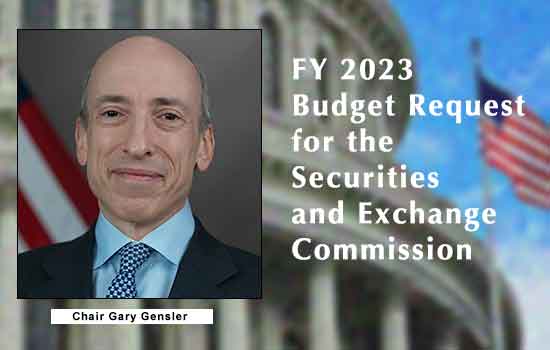Mark Elenowitz, an entrepreneur and self-described Wall Street veteran with a resume to back it up, produced one of the few regulatory-related presentations at NFT.NYC last Thursday.
Titled “Innovation And Regulatory Challenges in Digital Securities and NFTs,” not only did Elenowitz provide guidance, but pointed out that certain holders and purveyors of NFTs today may be headed for a meeting with the Internal Revenue Service (IRS) or an enforcement action by the Securities and Exchange Commission (SEC) in the future.
The success of Elenowitz’s own business(es) appears to be partially banking on the fact that compliance is no easy task in the current, wider NFT marketplace. He just launched Upstream, a Seychelles-based MERJ exchange powered by another one of his company’s, a FINRA compliance vendor called Horizon.
Upstream seeks to offer access to “IPOs, NFTs, celebrity ventures” according to its website. For example, given the challenges around securities regulations like those in the United States and certain NFT models, his exchange recently provided the ability to “geo-fence” an offering. This solution speaks to increasing wariness of regulators in the U.S. by market participants as well as the need for an easier and less costly way to be a security token.
(Upstream Exchange blog: “Music and film using NFTs to drive the future of fan engagement”)
Notably, there was no talk about whether NFTs should be under SEC or CFTC jurisdiction. In fact, Elenowitz believes many of today’s NFT projects fall under the securities designation unless they are a collectible only or non-fungible utility.
Continue reading “More Enforcement Actions To Come For NFTs Says Upstream’s Elenowitz”



